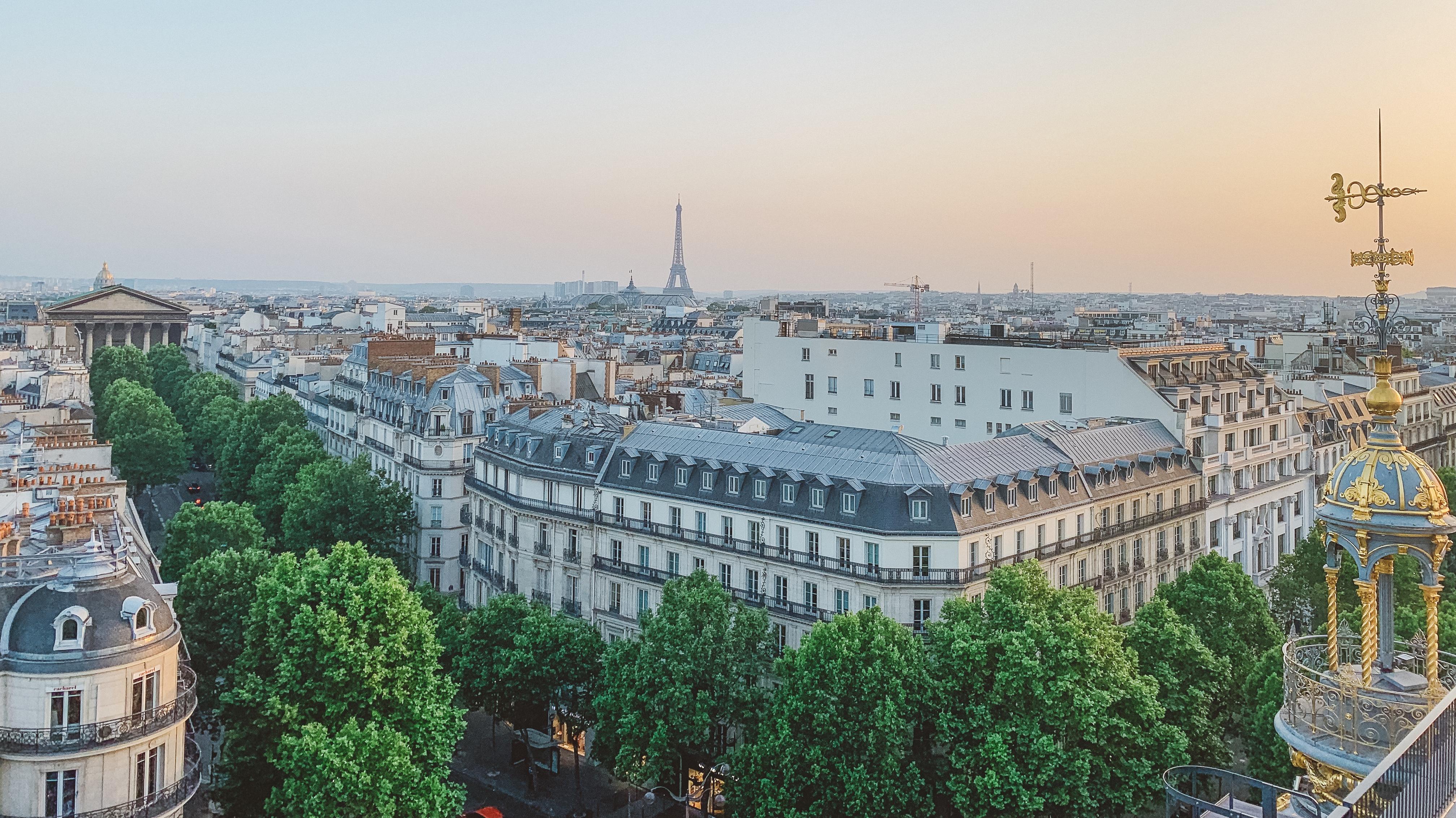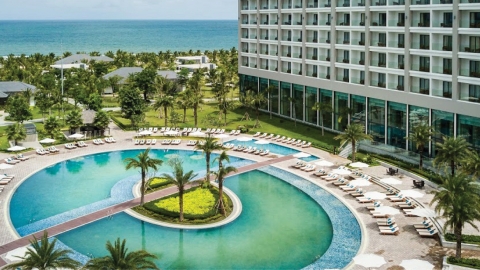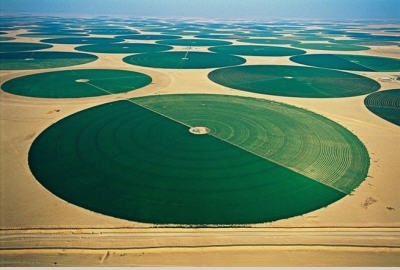Welcome to the future of agriculture in Paris – where a host of rooftop farms have been and are being built, such as the one we're standing in here in the Marais. But this enormous farm is just a drop in the ocean compared to its new "sister" facility. When that facility opens in the spring of 2020, it will become the world's largest rooftop farm.
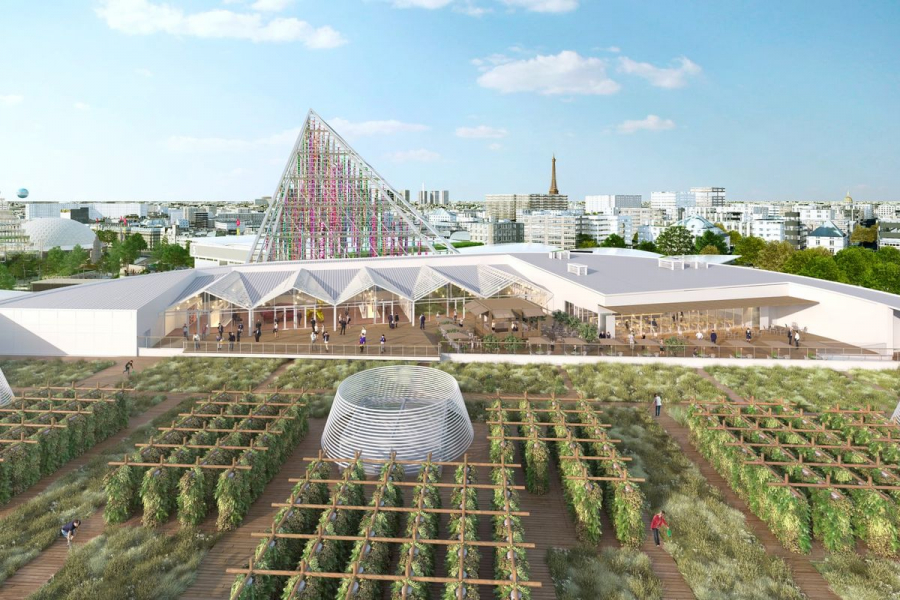
Currently under construction in the southwest of the city, this urban oasis spans approximately 14,000 square meters.2It will also become the largest urban farm in Europe. With plans to grow more than 30 different plant species, the farm will produce around 1,000 kg of fruits and vegetables per day during peak season. Cared for by around 20 gardeners, they will also use entirely organic methods.
"The goal is to make the farm a globally recognized model of sustainable production," says Pascal Hardy, founder of Agripolis, an urban farming company, about the project. "We will use quality produce, grown in rhythm with nature, all in the heart of Paris."
Hardy also stated that the farm's fresh produce would be a source of food for residents in the southwest of the city, either through packages of vegetables sold directly or indirectly through shops, hotels, and canteens.
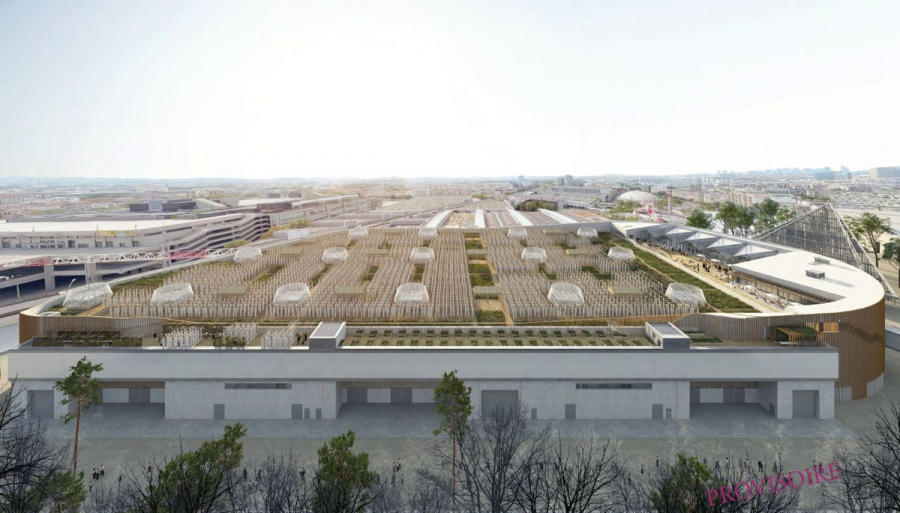
Located atop a large exhibition complex currently undergoing redevelopment in the 15th arrondissement, Paris Expo Porte de Versailles, the farm will also feature a restaurant and bar with seating for around 300 people. Operated by Le Perchoir, the rooftop restaurant will offer panoramic views of the capital – and, needless to say, its menu will include seasonal produce harvested at the farm.
The farm will also offer a range of services related to urban agriculture, including educational tours, workshops, and special events. Local residents can also rent small plots of land here to grow their own vegetables, which will help increase the connection between city dwellers and their own food sources.
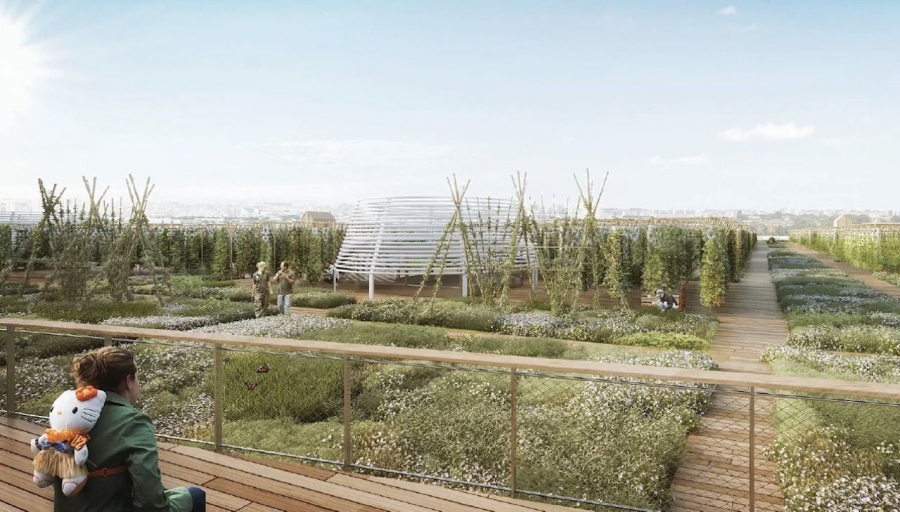
In addition to not using pesticides or any chemicals, the farm employs a closed-loop water system and is soil-free, minimizing the risk of contamination. "This will be a haven for biodiversity," Hardy asserted.

 VI
VI EN
EN



